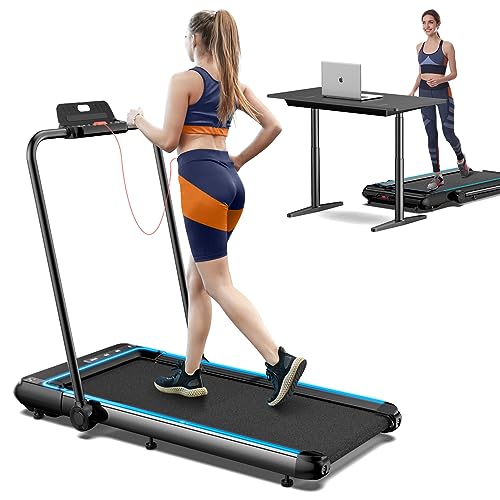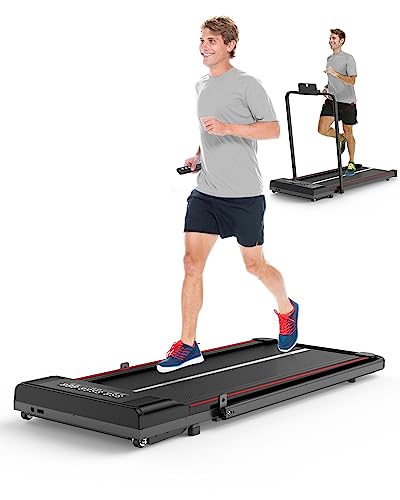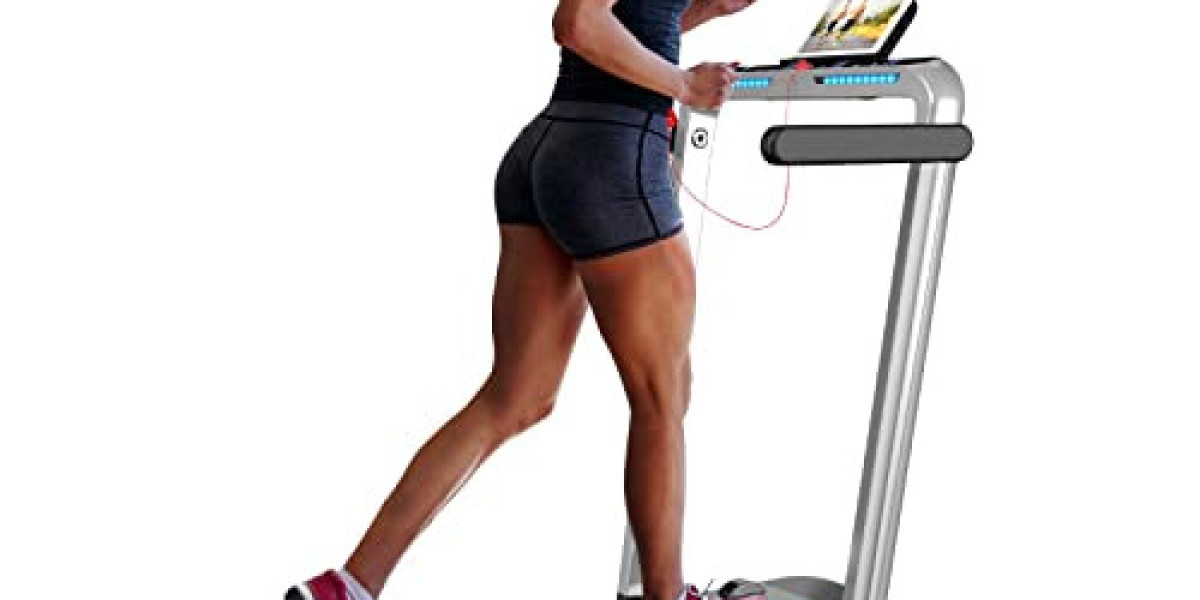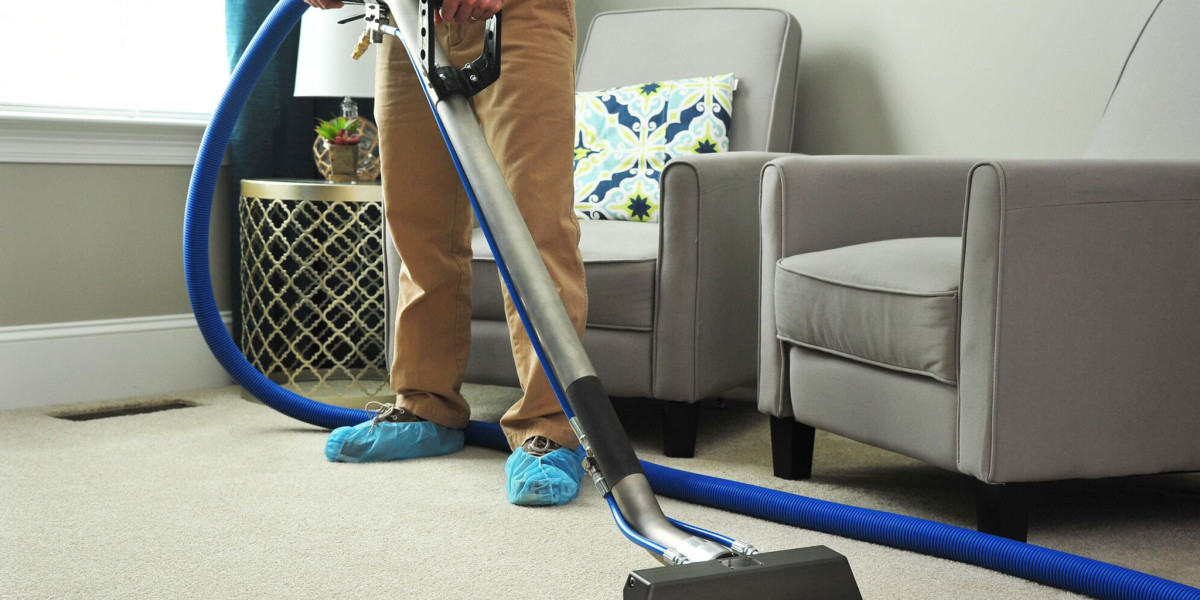The Walking Machine: A Comprehensive Guide to Your Fitness Companion
In today's fast-paced world, where time is a high-end, keeping a constant exercise regimen can be a difficulty. For numerous, a walking machine-- commonly called a treadmill brands-- acts as a perfect fitness buddy. This article supplies an in-depth take a look at walking machines, including their advantages, types, upkeep ideas, and often asked questions.
Why Choose a Walking Machine?
Walking machines provide a useful and reliable method to incorporate cardiovascular exercise into everyday life. Here are several crucial advantages:

- Convenience: Walking machines allow individuals to work out anytime, despite weather or time restrictions. They are ideal for busy schedules.
- Flexibility: Users can walk, jog, or perform at their own rate and strength.
- Security: Walking machines present a lower threat of injury compared to outdoor walking or running, particularly for novices or those recuperating from injuries.
- Tracking Progress: Many treadmills included built-in monitors that track metrics like speed, distance, and calories burned.
Types of Walking Machines
When thinking about a walking machine, it's necessary to choose the best type based on private fitness objectives and space saving treadmill restrictions. Below are the primary types of walking machines:
| Type | Description |
|---|---|
| Manual Treadmills | These machines do not have a motor, and users need to stroll or go to rotate the belt. |
| Electric Treadmills | Powered by an electric motor, allowing users to set the speed and incline effortlessly. |
| Folding Treadmills | Developed for simple storage, these treadmills can be folded when not in usage. |
| Desk Treadmills | Ideal for a dual work and workout environment, these compact machines enable walking while working. |
| Slope Trainers | These allow users to mimic uphill walking, improving workout strength and calorie burn. |
Picking the Right Walking Machine
Selecting the best home treadmill walking machine can considerably affect motivation and effectiveness. Here are some factors to consider:
Key Features to Look For
- Motor Power: An effective motor makes sure a smooth and consistent exercise. For occasional walkers, a 1.5 HP motor is normally adequate; for much heavier usage, search for 3.0 HP and above.
- Belt Size: A broader and longer belt supplies more area for a comfortable stride. Standard sizes vary from 16 inches wide and 50 inches long.
- Incline Options: Adjustable incline settings can imitate walking or running uphill, increasing the intensity of the exercise.
- Shock Absorption: Good shock absorption lowers the threat of joint injuries and boosts convenience.
- Console Features: Look for integrated exercises, heart rate displays, and connectivity functions like Bluetooth for a more engaging experience.
Budget Considerations
Walking machines been available in a wide variety of prices, depending upon functions and building and construction quality. Here's a rough budget plan breakdown:
| Price Range | Features |
|---|---|
| Under ₤ 300 | Standard manual or small electric treadmills with minimal functions. |
| ₤ 300 - ₤ 700 | More sophisticated electric treadmill for sale treadmills with slope, medium power motors, and better guarantees. |
| ₤ 700 - ₤ 1500 | Top quality electric treadmills with larger integrated display screens, extensive features, and service warranties. |
| ₤ 1500 and above | High-end designs providing sophisticated innovation, features, and long lasting construction for serious physical fitness enthusiasts. |
Maintenance Tips for Your Walking Machine
To make sure durability and ideal efficiency of a walking machine, consider the following upkeep ideas:
- Regular Cleaning: Dust and sweat can accumulate on the machine and the belt. Wipe down the surfaces and tidy the belt regularly.
- Lubrication: Depending on the model, lubricating the running belt regularly can avoid wear and tear. Check the manufacturer guidelines for recommended lubrication schedules.
- Evaluation: Periodically inspect the machine for loose screws or worn parts. Tighten and change as required.
- Calibration: Occasionally, examine the calibration of your machine's metrics to guarantee they offer accurate data.
- Appropriate Use: Follow the maker's suggestions for weight limits and functional guidelines.
Frequently Asked Questions About Walking Machines
1. Are walking machines an excellent workout?
Yes, walking machines supply an excellent cardiovascular exercise, can aid with weight reduction, and improve general health.
2. How often should I utilize a walking machine?
Go for a minimum of 150 minutes of moderate-intensity aerobic activity weekly, which can easily be attained with regular sessions on a walking machine.
3. Can I lose weight on a walking machine?
Yes, including a walking machine routine into a healthy diet can promote weight-loss, specifically if integrated with periods and incline training.
4. Is it safe for senior citizens to use a walking machine?
Yes, walking machines can be safe for senior citizens with low-impact settings and security functions like hand rails. However, individuals must speak with their healthcare provider before starting any exercise program.

5. What's the difference in between a treadmill and a walking machine?
The term "walking machine" generally describes a treadmill intended for walking, while "home treadmill" can describe machines used for different intensities, including running.
With their versatility and convenience, walking machines can considerably boost one's fitness journey. By carefully picking the right type, guaranteeing appropriate maintenance, and incorporating various exercise methods, users can maximize their walking machine's benefits. As with any workout regimen, consistency is key to achieving lasting physical fitness results.







